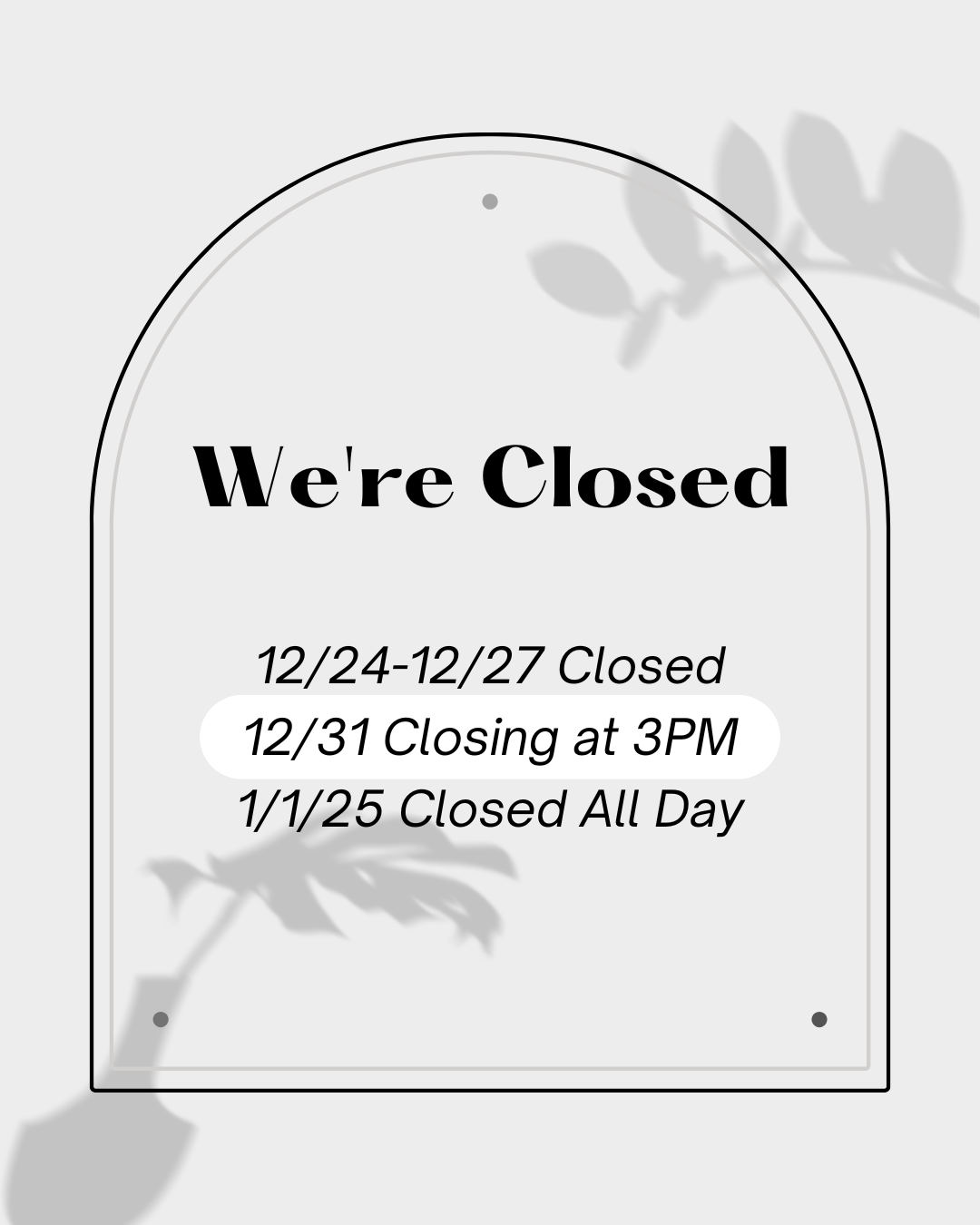
Managing glaucoma effectively is not just about preventing vision loss, but also about maintaining your quality of life. Vision loss can affect your ability to perform everyday tasks, your independence, and your overall emotional well-being. Therefore, understanding this condition, the available treatment options, and the role of regular checkups in managing glaucoma is essential.
Different Types of Glaucoma
Glaucoma is not a single disease but a group of eye conditions resulting in optic nerve damage. The most common types are primary open-angle glaucoma (POAG) and angle-closure glaucoma (ACG).
POAG develops slowly and is the most common form of the disease. You may not notice any changes in your vision until the disease has significantly progressed. In contrast, ACG can occur suddenly (acute) or gradually (chronic). Acute ACG is a medical emergency characterized by sudden eye pain, redness, blurred vision, and nausea.
Treatment Options for Managing Glaucoma
Glaucoma treatment focuses on lowering your eye pressure to a level that is less likely to further damage your optic nerve. This can be achieved through various treatment options, including medications, laser treatment, or surgery.
The specific treatment plan for your glaucoma is individualized based on the type of glaucoma you have, the severity of your condition, your overall health, and your lifestyle. It's crucial to understand that while these treatments can prevent further vision loss, they cannot restore sight already lost to glaucoma. Therefore, early detection and treatment are vital.
Medications for Glaucoma Management
Medications, typically eye drops, are often the first line of treatment for glaucoma. These medications work by reducing the production of fluid in your eye or improving its outflow, thereby lowering your eye pressure.
It's crucial to use your glaucoma medications exactly as prescribed by your doctor, even if you have no symptoms. Discontinuing your medication can cause your eye pressure to increase, leading to further optic nerve damage and vision loss. If you experience any side effects from the medication, don't stop taking them without first consulting your doctor.
Surgical Interventions for Glaucoma
If medications are not sufficient to lower your eye pressure, surgical interventions might be necessary. These can include laser therapy, where a laser is used to help fluid drain out of your eye, or conventional surgery, where a new drainage channel is created to allow fluid to escape from your eye.
These procedures can significantly reduce your eye pressure and help prevent further vision loss. However, they also carry potential risks, like infection, bleeding, and temporary or permanent vision loss. Therefore, it's essential to discuss the benefits and risks with your doctor to make an informed decision.
Living with Glaucoma
Living with glaucoma can be challenging, but with early detection, appropriate treatment, and regular checkups, you can effectively manage the disease and maintain your quality of life.
While vision lost to glaucoma cannot be restored, with timely treatment, most people with glaucoma can halt further loss of vision. Stay vigilant, follow your treatment plan, and keep up with your regular checkups.
For more information on treatment options for managing glaucoma, contact Long View Eye Center at our Lewisburg, West Virginia office. Call (304) 520-3630 to schedule an appointment today.








